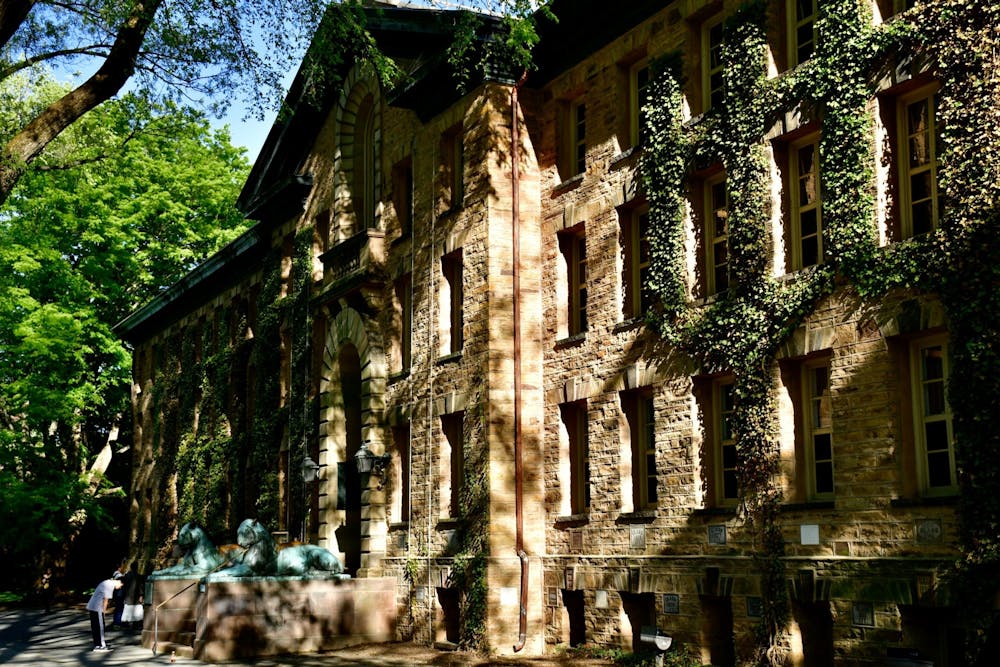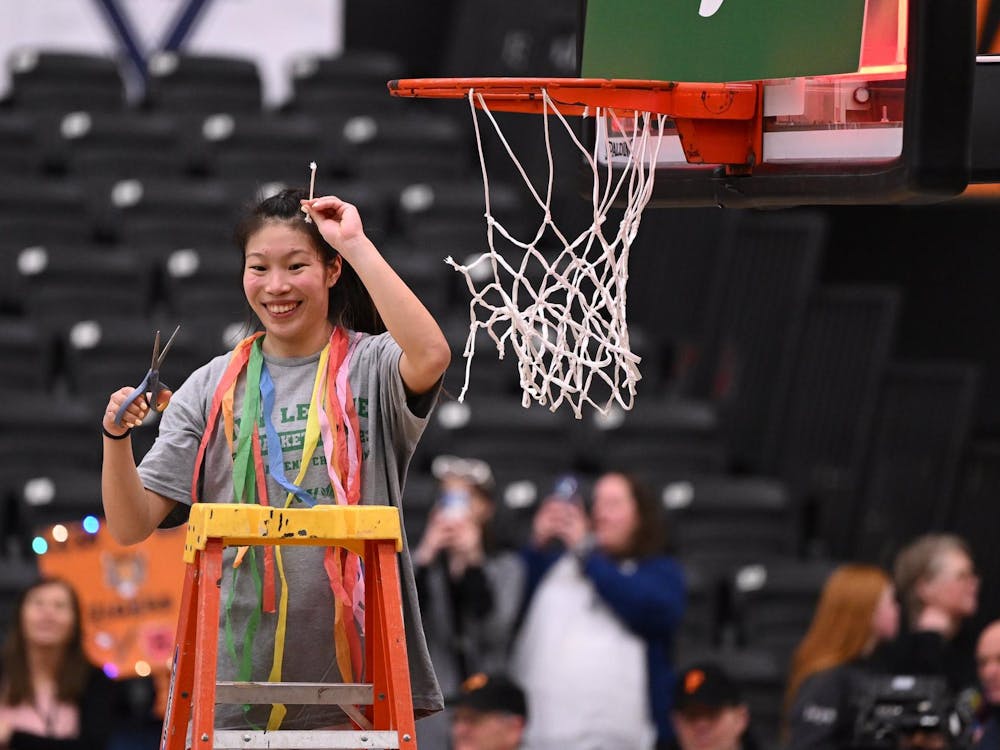In June, the University updated its longstanding Questbridge College Match policy for applicants in the Class of 2025.
Last year, Princeton was one of four colleges that did not require Questbridge admits to commit to attending their institutions. Now, with the new change — and similar alterations from Stanford University and Yale University — QuestBridge admission is binding at 41 of the program’s 42 college partners.
While Princeton, Stanford, and Yale previously did not require commitments from admitted Questbridge students — since at least 2016 — their policy shift means that MIT is the only remaining Questbridge college partner that does not partake in binding admission.
Each year, the Questbridge College Match strives to connect low-income students to prestigious universities. Through an early application process, finalists are able to rank their preferred colleges. If matched, these students are paired with “the highest one on [their] list that wants to admit [them] with a full scholarship,” and must attend that school.
For the University, this change comes in close succession with other alterations to the admissions process, including its decision to temporarily cancel the Early Action admissions cycle and drop the standardized test requirement for applicants in the Class of 2025.
According to an email statement from University Deputy Spokesperson Michael Hotchkiss, the Questbridge update has been in discussion “for more than a year.”
“The QuestBridge National College Match Program intends for students to enroll at the college or university to which they have been matched,” Hotchkiss added. “As one of a very small number of QuestBridge partner colleges with a non-binding match, we updated our policy to better align with the mission and vision of QuestBridge.”
According to Questbridge, “Princeton’s former non-binding policy had been an exception, and is now consistent with most other QuestBridge partners and the original design of the National College Match program.”
Princeton’s conformity to Questbridge standards comes at an unprecedented time for students applying to higher education. Through its disruption of normal life, with many college campuses closing or operating at a limited capacity, COVID-19 has provoked a national discussion about the worth of a college education.
“Having a binding decision makes it so students are more reluctant,” Questbridge recipient and Matriculate Advising Fellow Josiah Gouker ’22 said. “In some ways, it could discourage students from applying to Princeton.”
He noted the difficulty in college selection without the insights gained from a real-life campus experience. Travel restrictions and social distancing protocols have resulted in cancellations of most college tours and visit programs, with the University offering virtual replacements.
“But I also think Princeton has a name that speaks for itself, so students who are interested in applying to Princeton — they’ll still very much apply,” Gouker said.

Additionally, without this year’s Early Action admissions cycle, Questbridge’s National College Match program will be the only means of applying early to Princeton in the fall.
Hotchkiss wrote in his email statement to The Daily Princetonian that the University does not plan to reverse its binding policy for Questbridge given recent developments.
“We continue to consult with QuestBridge and University administrators to ensure our objectives for the program align,” he wrote.








